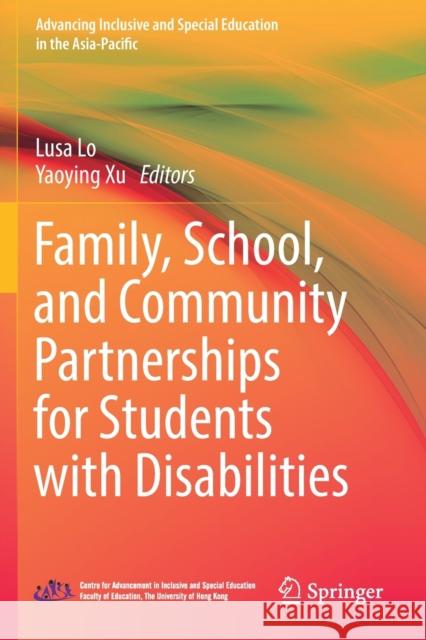Family, School, and Community Partnerships for Students with Disabilities » książka
topmenu
Family, School, and Community Partnerships for Students with Disabilities
ISBN-13: 9789811363092 / Angielski / Miękka / 2020 / 177 str.
Family, School, and Community Partnerships for Students with Disabilities
ISBN-13: 9789811363092 / Angielski / Miękka / 2020 / 177 str.
cena 523,30
(netto: 498,38 VAT: 5%)
Najniższa cena z 30 dni: 501,19
(netto: 498,38 VAT: 5%)
Najniższa cena z 30 dni: 501,19
Termin realizacji zamówienia:
ok. 16-18 dni roboczych.
ok. 16-18 dni roboczych.
Darmowa dostawa!
Kategorie:
Kategorie BISAC:
Wydawca:
Springer
Seria wydawnicza:
Język:
Angielski
ISBN-13:
9789811363092
Rok wydania:
2020
Wydanie:
2019
Numer serii:
000879483
Ilość stron:
177
Waga:
0.27 kg
Wymiary:
23.39 x 15.6 x 1.02
Oprawa:
Miękka
Wolumenów:
01
Dodatkowe informacje:
Wydanie ilustrowane











